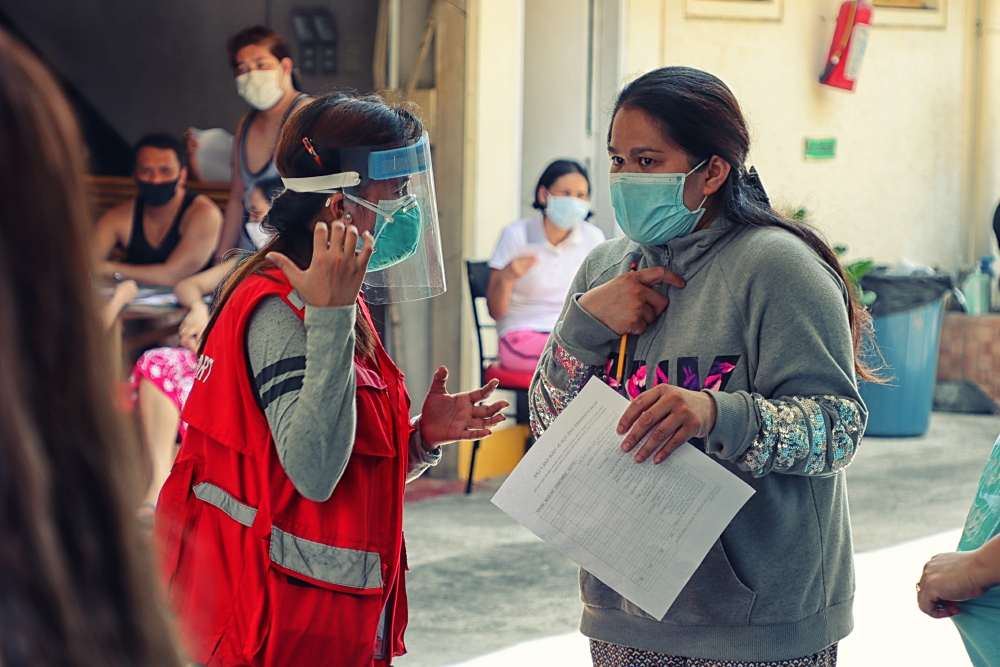Disaster Risk Reduction new dimensions: COVID-19 Preparedness at local level

This policy brief on COVID-19 preparedness at local level provides recommendations to cities on how to become more resilient in a world that is constantly changing. The University of Huddersfield is the leading partner of UNDRR in this effort, which also includes contributions from several RCC partners, such as UNDP and WHO, and the MCR2030 Resilience Hubs of Amadora, Greater Manchester, Milan and the Province of Potenza. It showcases how cities and partners are working together to create solutions and provides insights on several critical problems that need to be better understood in order to improve epidemic and pandemic preparedness at the city/local level. Pandemic preparedness has to be holistic and contribute to build national to local resilience that integrates public health and disaster risk management. This is core to pandemic planning and preparedness, together with adequate risk communication, risk perception and risk informed behavior of communities at risk.
Making Cities Resilient 2030 (MCR2030) is a United Nations-led global collaboration of partners committed to support local governments to strengthen their disaster resilience. MCR2030 has mobilized more than 1,500 local governments representing a population of over 460 million as part of this unique cross-stakeholder initiative that is improving local resilience by making cities safer, preventing risks and promoting innovation and investments. MCR2030 welcomes cities, local governments as well as any other parties wishing to help municipalities prosper through advocacy, knowledge-sharing and city-to-city networks. In Europe and Central Asia, MCR2030 is implemented by the Regional Coordinating Committee, a steering group committed to joining forces in offering support to cities. The committee works on different priorities, gathering resources and best practices that can assist and inspire member cities.
